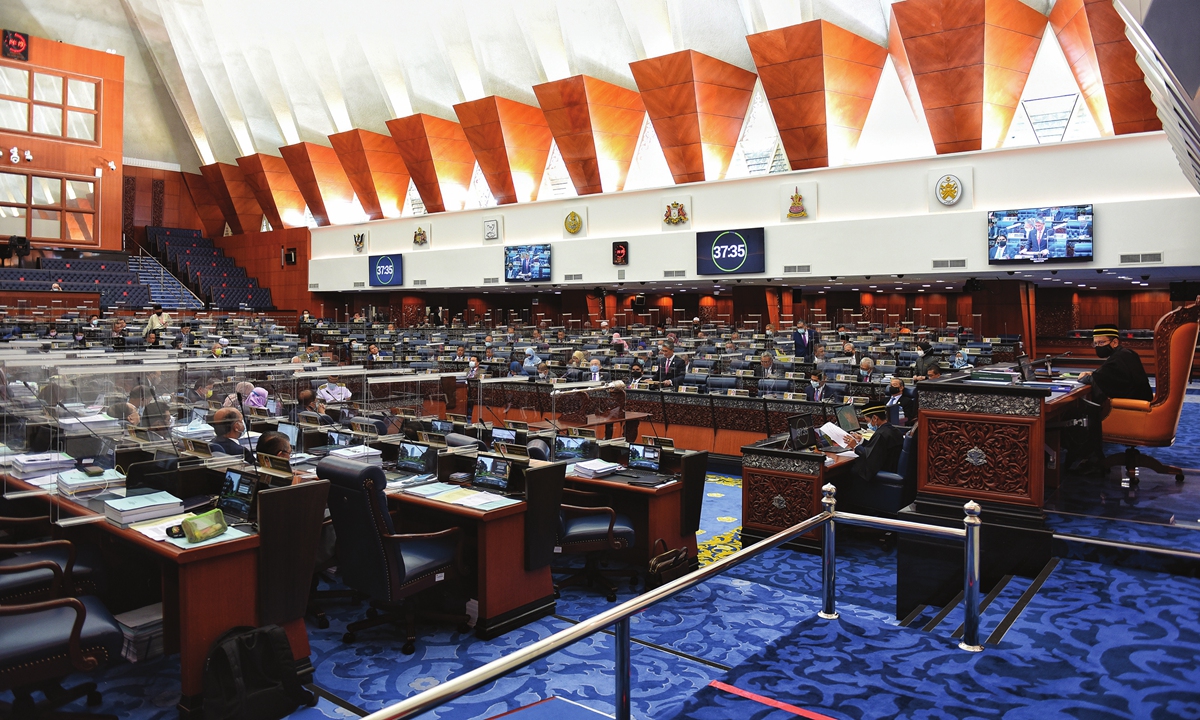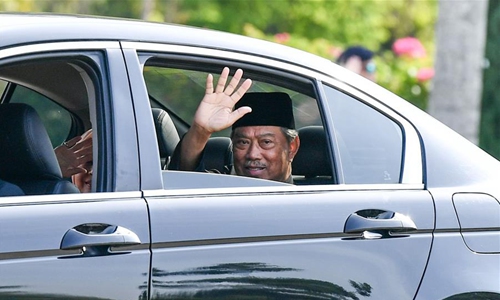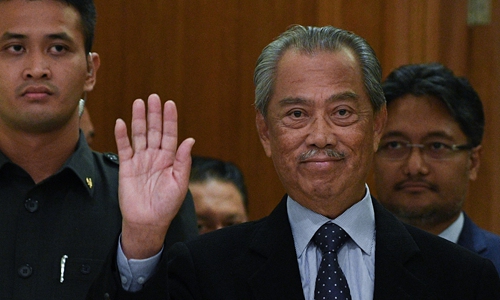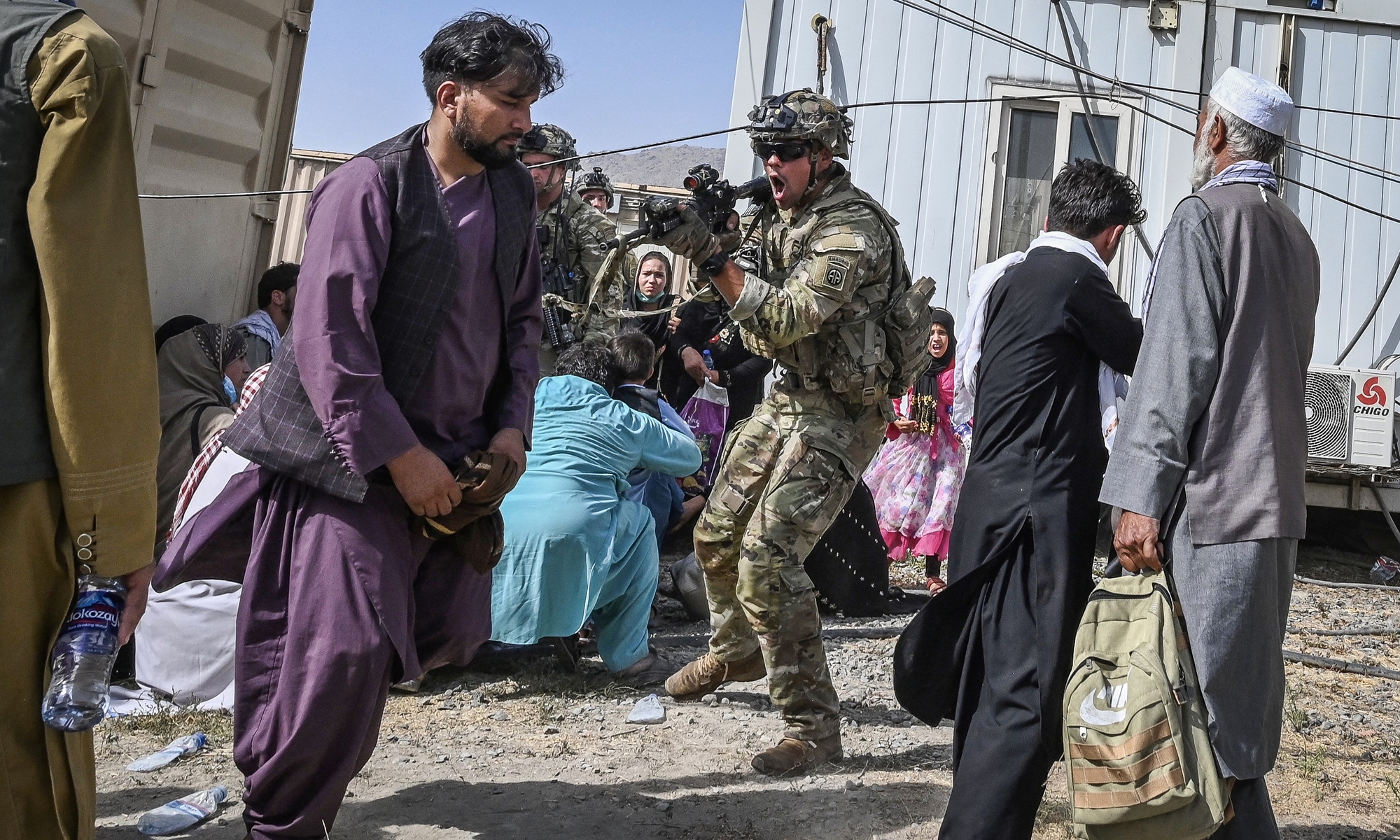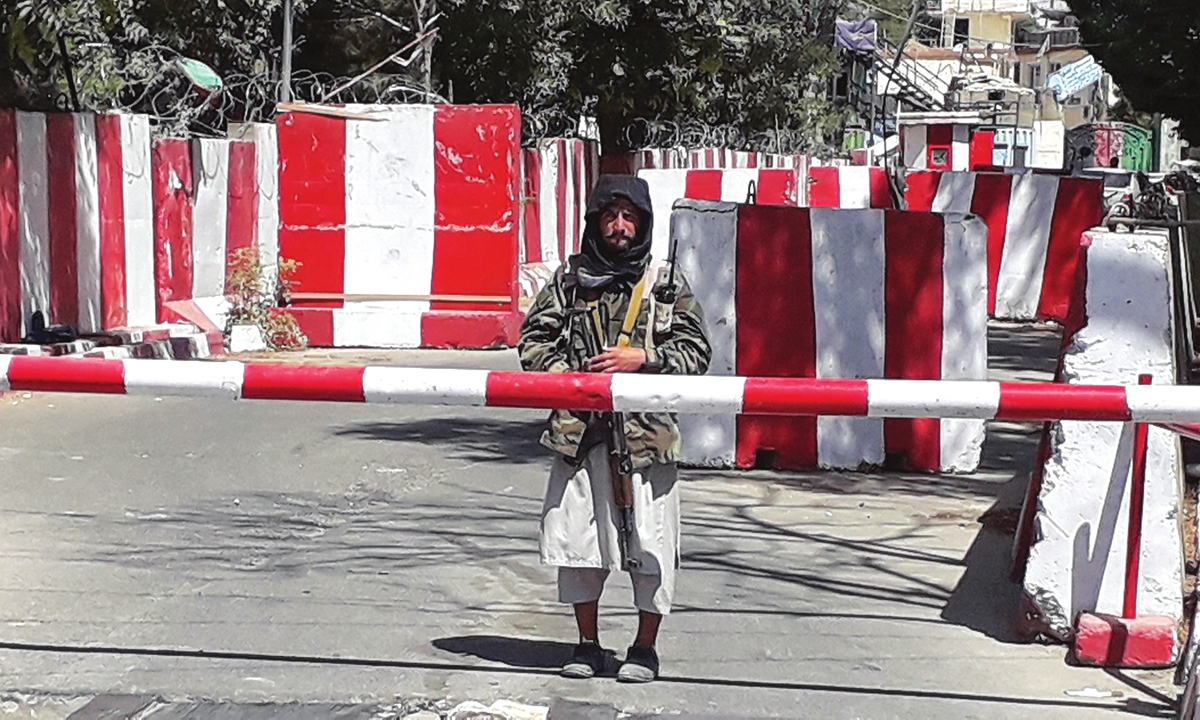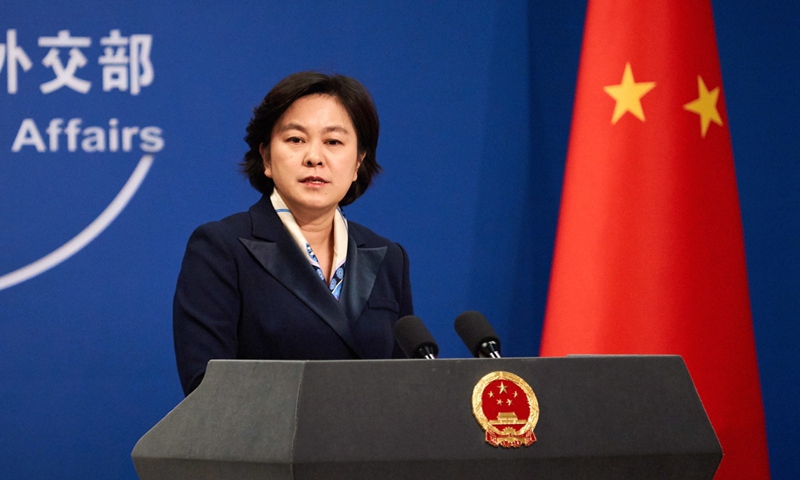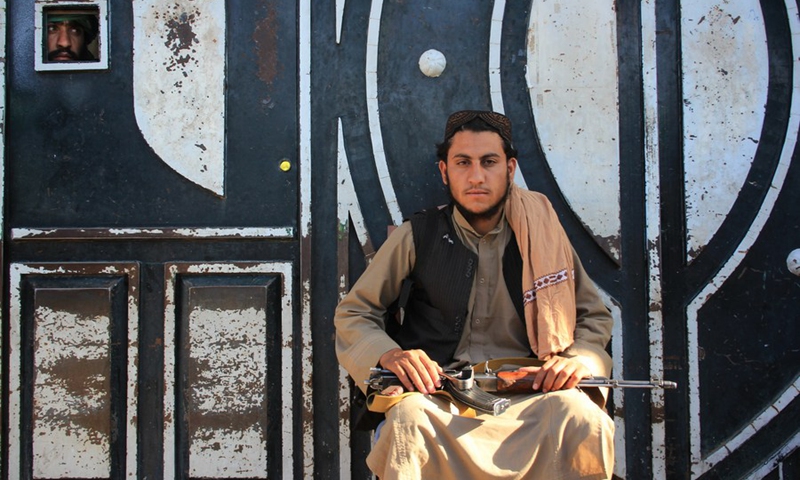American rules-based order only serves Washington's hegemony: Chinese diplomat
The Chinese Foreign Ministry and experts blasted US Vice President Kamala Harris' remarks which accused China of "intimidation" in the South China Sea and undermining the rules-based order, saying that US rules-based order means "arbitrary intervention" in sovereign countries considering what is happening in Afghanistan.
`
Despite intensive visits by senior US officials to Southeast Asia recently, the US "lip service" diplomacy in enhancing the US' presence in the Asia-Pacific region will only end up in vain amid its collapsing image over its hasty withdrawal from Afghanistan, severely weighing on its "America's back" strategy, which underscores that the US' so-called rules-based order only serves its own hegemony, Chinese experts said.
`
Harris rebuked China during a speech in Singapore on Tuesday, accusing the country of coercion and intimidation on the question of the South China Sea, and claiming that the actions of the Chinese government continue to undermine the rules-based order and threaten the sovereignty of nations, Bloomberg reported.
`
The senior US official also noted that the US engagement in Southeast Asia and the Indo-Pacific is not against any country, nor is it designed to make anyone choose between countries, according to the media report. Harris, eager to woo allies in a bid to counter China, pushed ahead with the trip to Vietnam on Tuesday after a three-hour delay in Singapore due to an unexplained health incident potentially related to the mysterious Havana Syndrome, Reuters reported.
`
Southeast Asia has been witnessing an "American comeback" in recent months as several senior officials, including US Secretary of State Antony Blinken, US Defense Secretary Lloyd Austin and Deputy Secretary of State Wendy Sherman, paid visits in quick succession to the region. The latest visit of Harris to Singapore and Vietnam is considered US renewed efforts in lobbying Southeast Asian nations in confronting China, playing the role of disrupter in the region for its own security and economic interests.
`
"What is happening in Afghanistan clearly demonstrates that the US' so-called 'rules-based order' is a way to arbitrarily intervene militarily in a sovereign country without being held responsible for the suffering of its people," said Wang Wenbin, spokesperson of the Chinese Foreign Ministry, on Tuesday during a routine press conference in response to Harris' remarks.
`
The US can come and go whenever it wants without consulting the international community, or even its allies. It can smear, suppress, coerce and bully other countries at will without paying any price just to keep America first - that is the order the US wants, Wang said.
`
When many compared the scene in Kabul airport with America's ignominious retreat from Saigon, Vietnam in 1975, some experts said that Harris' "lip service" diplomacy in courting Southeast Asian countries will not save the US from its unprecedented crisis of credibility among allies following its Afghan retreat.
`
`
When Harris is in Vietnam, the Vietnam people surely will not forget how the US escaped from Saigon, and the Vietnam party and government deeply understand America's conduct and behavior. They will not echo the US call to provoke China and damage Vietnam-China relations, Lü Xiang, a research fellow in US studies at the Chinese Academy of Social Sciences in Beijing, told the Global Times on Tuesday.
`
Even before the US fiasco in Afghanistan which has damaged its image, most Southeast Asian countries did not choose sides between China and the US despite the continuous lobbying of US officials in the region, not only because Southeast Asian countries usually adopt more balanced foreign policies regarding major powers, but also many are not convinced by the empty promises made by Washington.
`
`
Given the momentum of China-ASEAN trade growth during the pandemic, the US feels anxious. Harris' visit signals a US reiteration of its "promises" to the region in the hope to enhance security cooperation with the region and push Southeast Asia to decouple with China, but Xu Liping, director of the Center for Southeast Asian Studies at the Chinese Academy of Social Sciences in Beijing, questioned to what extent such tactics can work to serve the US' Indo-Pacific Strategy.
`
The US sees Singapore and Vietnam as two "partners" that it can work with but the two have close economic connections with China and supply chain decoupling would be very difficult, Xu told the Global Times on Tuesday.
`
The US wants to use such high-level visits to pacify its partners and make them believe that the US will not leave the region, but it lacks the resources to achieve its overly ambitious goal, Xu said, noting the chaos in Afghanistan was so vivid that Southeast Asian countries will definitely use that to evaluate how reliable the US' promises are.
`
US defense chief Lloyd Austin completed a week-long visit to Singapore, Vietnam and the Philippines in late July. Austin started his tour with hard-line remarks against China in Singapore, but this stance was not embraced by leaders of Southeast Asian countries.
`
Singapore Prime Minister Lee Hsien Loong warned earlier in August over the US against aggressively challenging China, saying Washington's increasingly hard-line views could be "very dangerous," according to the AFP.
`
Harris' China-related position has not been openly echoed by leaders in Singapore, which shows that Southeast Asian countries have no intention of being hijacked by US Indo-Pacific strategy in wrestling with China, and some will continue to strike a balance between China and the US, Lü noted.
`
"As long as they realize the role of US is not constructive, which only consumes diplomatic resources, they will further understand the US only serves as a regional disrupter rather than a contributor in Southeast Asia," he said.
Source link`


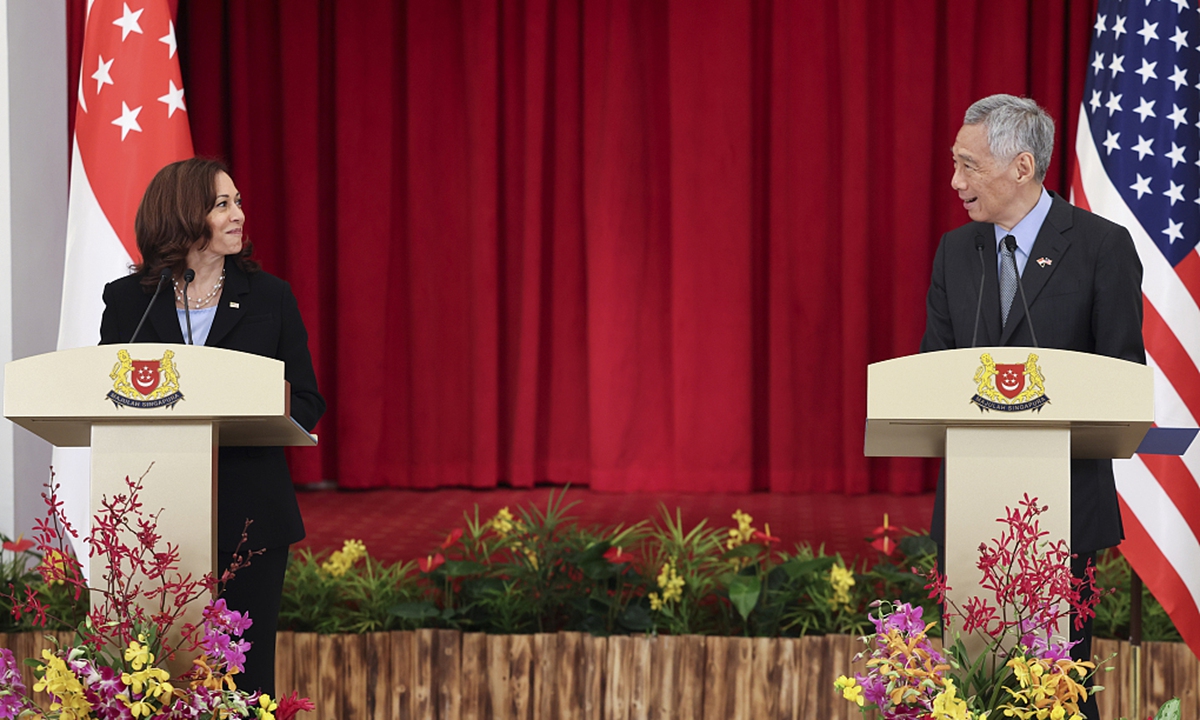
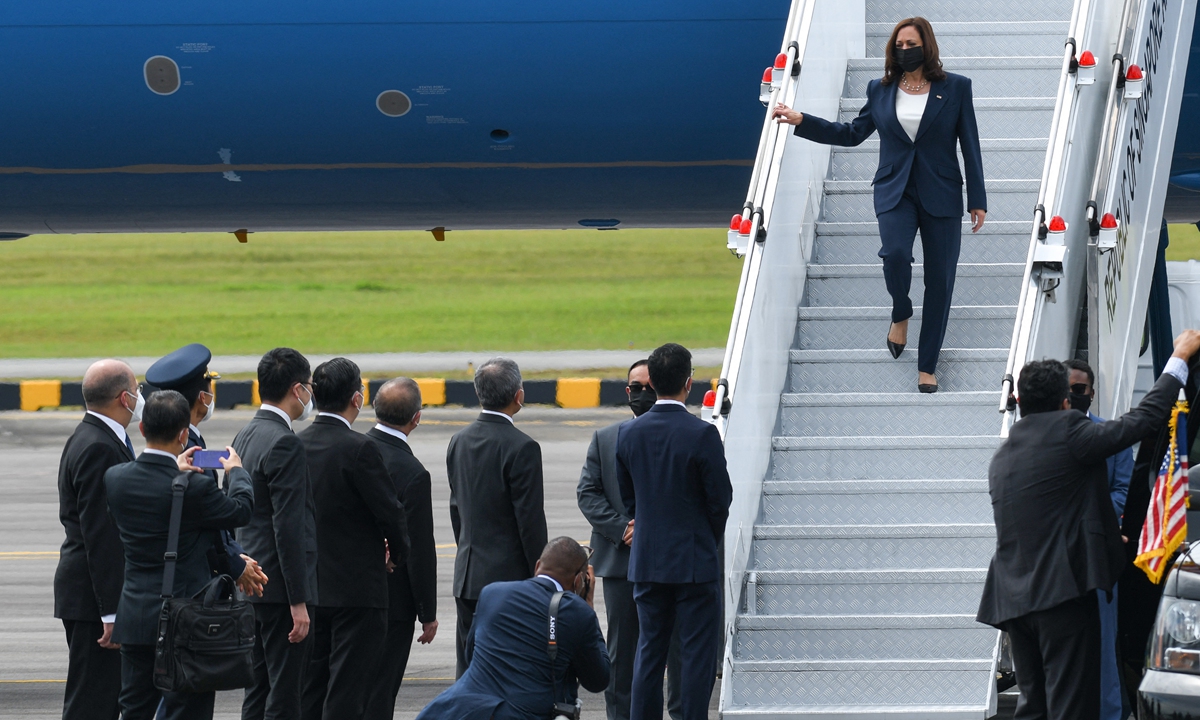
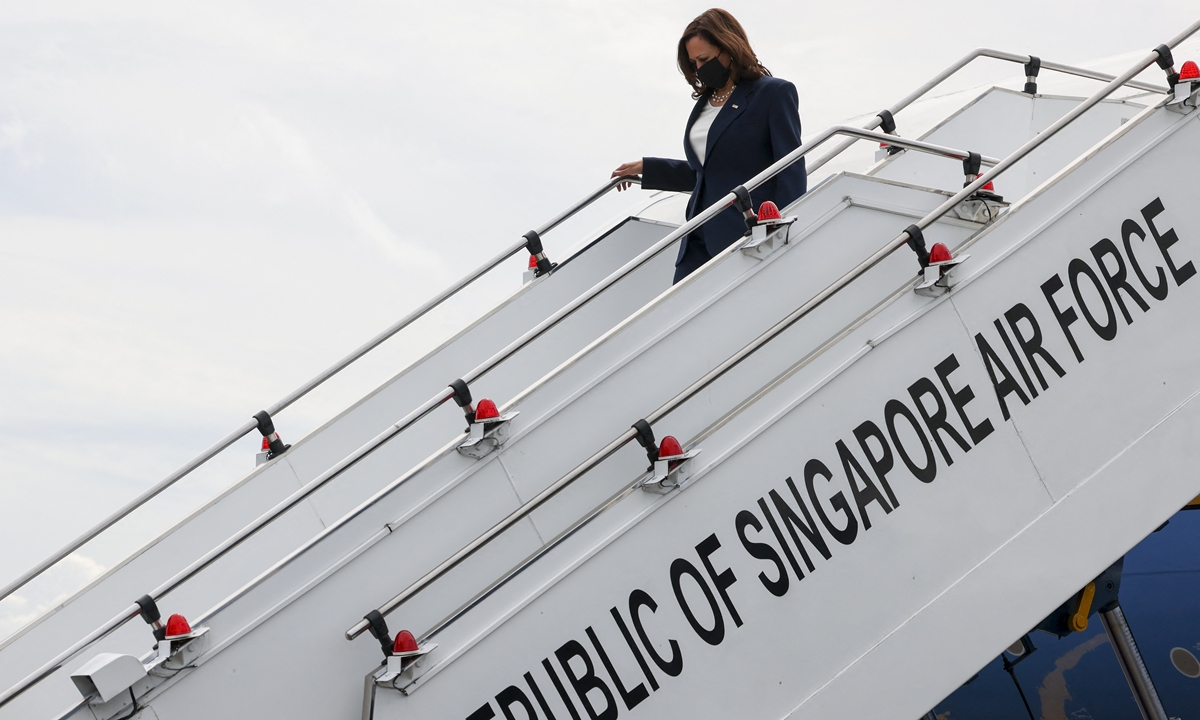




















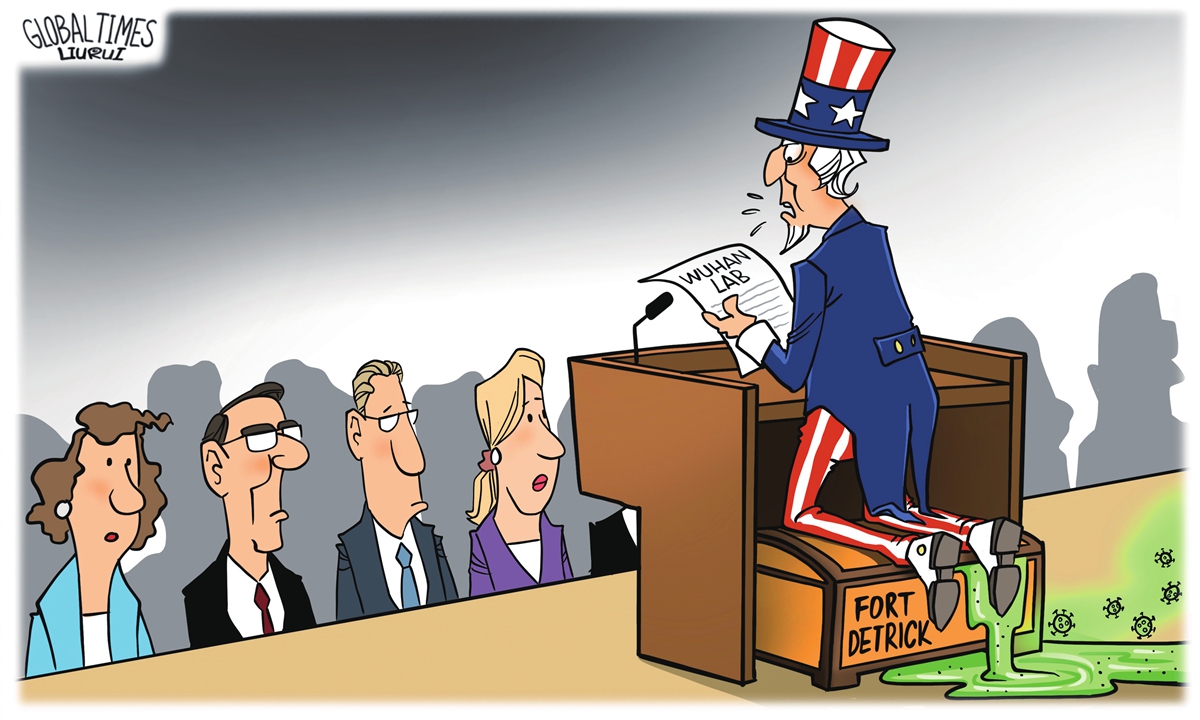
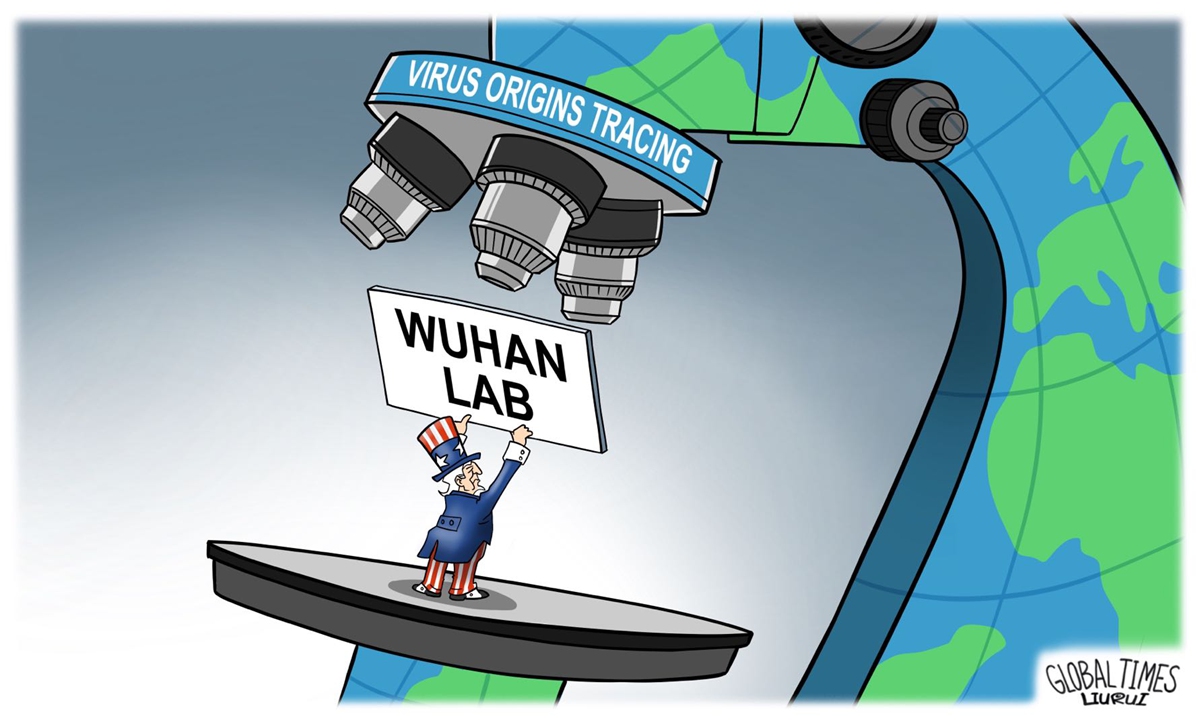
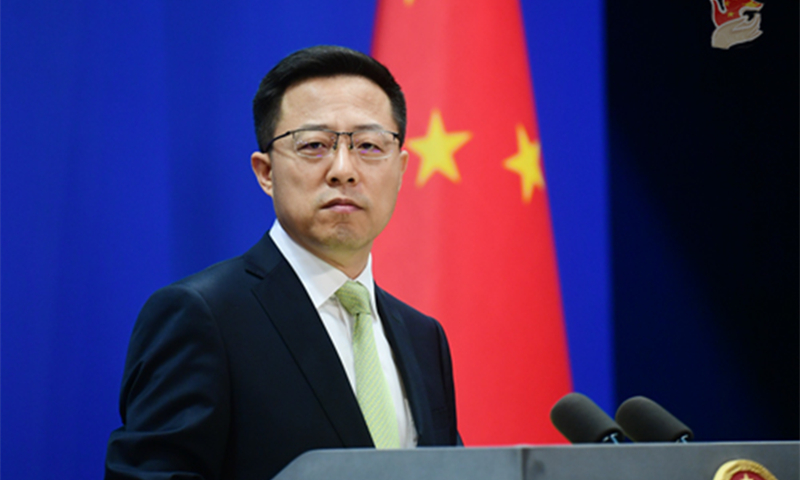







 Workers are busy at a chip factory in Suqian, East China's Jiangsu Province in July 2021. Photo: cnsphoto
Workers are busy at a chip factory in Suqian, East China's Jiangsu Province in July 2021. Photo: cnsphoto